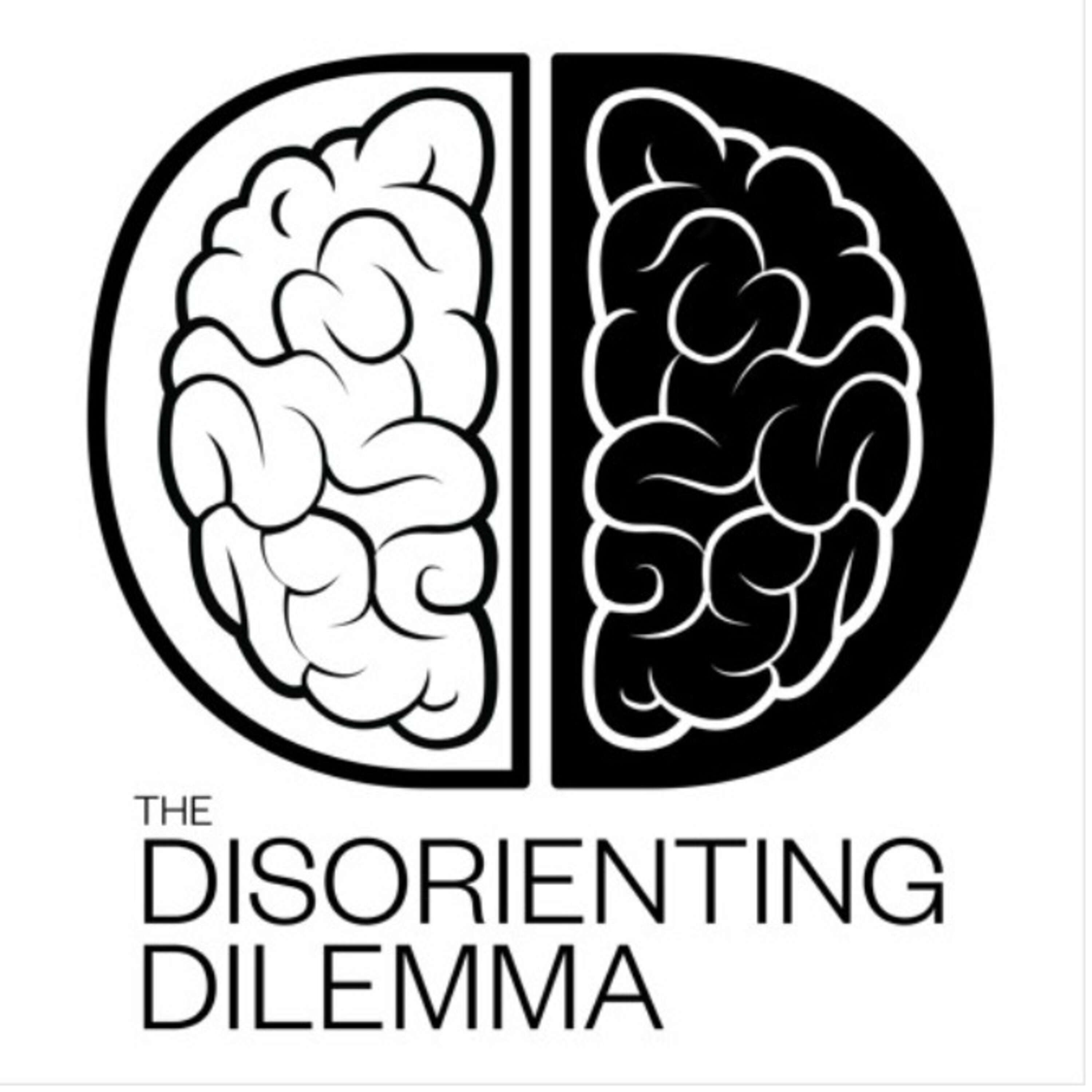- After-Shows
- Alternative
- Animals
- Animation
- Arts
- Astronomy
- Automotive
- Aviation
- Baseball
- Basketball
- Beauty
- Books
- Buddhism
- Business
- Careers
- Chemistry
- Christianity
- Climate
- Comedy
- Commentary
- Courses
- Crafts
- Cricket
- Cryptocurrency
- Culture
- Daily
- Design
- Documentary
- Drama
- Earth
- Education
- Entertainment
- Entrepreneurship
- Family
- Fantasy
- Fashion
- Fiction
- Film
- Fitness
- Food
- Football
- Games
- Garden
- Golf
- Government
- Health
- Hinduism
- History
- Hobbies
- Hockey
- Home
- How-To
- Improv
- Interviews
- Investing
- Islam
- Journals
- Judaism
- Kids
- Language
- Learning
- Leisure
- Life
- Management
- Manga
- Marketing
- Mathematics
- Medicine
- Mental
- Music
- Natural
- Nature
- News
- Non-Profit
- Nutrition
- Parenting
- Performing
- Personal
- Pets
- Philosophy
- Physics
- Places
- Politics
- Relationships
- Religion
- Reviews
- Role-Playing
- Rugby
- Running
- Science
- Self-Improvement
- Sexuality
- Soccer
- Social
- Society
- Spirituality
- Sports
- Stand-Up
- Stories
- Swimming
- TV
- Tabletop
- Technology
- Tennis
- Travel
- True Crime
- Episode-Games
- Visual
- Volleyball
- Weather
- Wilderness
- Wrestling
- Other
Why Doesn’t America have a State Religion?
According to Pew Research, out of 199 countries and territories, “More than 80 countries favour a specific religion, either as an official, government-endorsed religion or by affording one religion preferential treatment over other faiths.” And while, "Islam is the most common government-endorsed faith, with 27 countries (including most in the Middle East-North Africa region) officially enshrining Islam as their state religion’, an additional “40 governments around the globe unofficially favour a particular religion, and in most cases the preferred faith is a branch of Christianity.”So why is the United States of America, given the early influence of deeply religious groups such as the Pilgrims and Puritans, not a theocracy? And why, when petitioned by Christian clergy of all types, did the Founding Fathers completely reject the idea and in fact, worked to make sure the United States would not become ‘Christian’?The answers lie in the English Civil War (actually, 3 distinct conflicts between 1642–1651). The civil war was primarily concerned with how the three Kingdoms of England, Scotland and Ireland should be governed. However, a central feature of the Civil War was the conflict between Protestants (of multiple varieties) and the Catholics. During this time, John Locke began writing about “the religious intolerance and bickering that was blighting England at the time.” His later writings, Essay Concerning Human Understanding (1690) and Two Treatises of Government (also 1690) would become foundational for the Founding Fathers framework for government, the American Declaration of Independence and the Constitution of the United States.For more information:
https://www.rw.institute/Follow Disorienting Dilemma on Twitter:
@podcastdilemmaResources/materials:CURRENT REFLECTIONS ON CHRISTIAN DOMINIONISMSt. Louis Pastor Confronts Progressive Culture: ‘You’re Either Going to Conform or You’re Going to Stand Out and Be Controversial’. Wes Martin is the lead pastor at Grace Church in St. Louis, where he’s led his congregation through the turbulent times of COVID-19 and some of the political debates that have shaped our society over the last couple of years. Martin spoke to The Daily Signal about his church’s mission and why he’s boldly confronting the progressive culture that’s undermining traditional American values.”Republicans mostly mum on calls to make GOP ‘party of Christian nationalism’: “Rep. Marjorie Taylor Greene of Georgia has spent much of the summer calling on her fellow Republicans to become the “party of Christian nationalism,” even selling T-shirts emblazoned with the slogan “Proud Christian nationalist.” Speaking at the Conservative Political Action Conference’s meeting in Texas on Aug. 5, she said the Christian nationalism label is nothing to be “ashamed” of and encouraged other members of her party to “lean in to biblical principles.”

